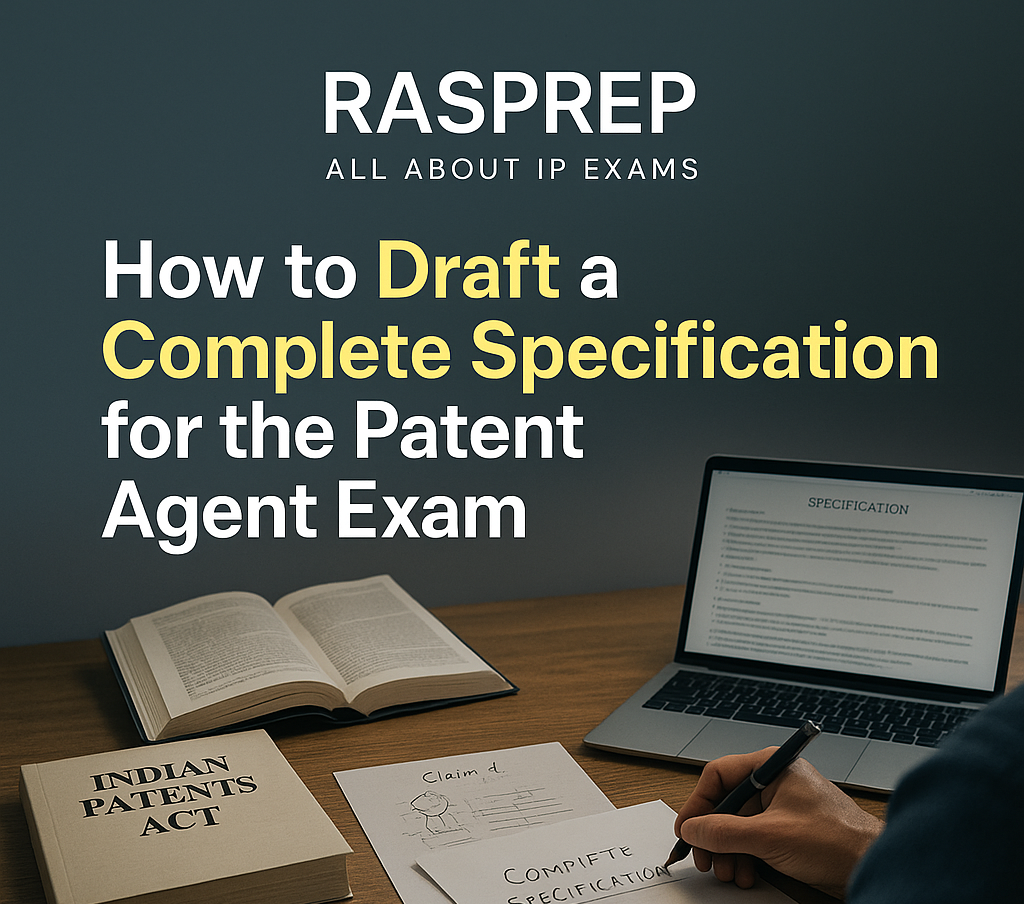In the 21st century, access to cutting-edge technologies and discoveries is pivotal for progress in the business world. This has led to a rise in patenting various microorganisms, genes, and viruses. The Government of India permitted the patenting of microorganisms under the Patents (Second Amendment) Act on 14th May 2002.
While some argue against owning life forms, others support patenting life forms like any other invention. Advancements in biotechnology and information technology have amplified the importance of protecting inventions. With significant progress in biotechnology research and the pharmaceutical industry, there has been increasing pressure on policymakers to allow patenting of primary life forms to inspire research and development.
Recent techniques have enabled the creation of unique life forms, such as genetically modified plants, animal species, genes, proteins, cell lines, and diagnostic kits involving microorganisms, all of which can be patented as bio-patents. However, debates persist regarding the extent of such protection. Section 27 of the TRIPS Agreement recognizes microorganisms as patentable subject matter, prompting many nations to incorporate microorganism patenting into their domestic laws.
The Indian Patents Act of 1970, under Section 2(1)(j), defines an invention as a new and useful method of manufacture or a substance produced by manufacture. Section 3(j) of the Act excludes plants and animals, in whole or in part, including seeds and varieties, and essentially biological processes for producing plants and animals. India joined the Budapest Treaty on 17 December 2001. The Microbial Type Culture Collection (MTCC), National Centre for Cell Science (NCCS), Pune, and the Gene Bank of the Institute of Microbial Technology, Chandigarh (IMTECH) acquired IDA status, marking amendments in India’s patenting system. The 2002 amendment to the Indian Patents Act clarified that microorganisms could be patented, provided they meet other requirements. Patentable biotechnology inventions include genetically modified organisms, biological materials like genes and proteins, and methods for producing or using such materials. However, naturally occurring substances and products are generally not patentable. Evidence supporting patent applications can include laboratory experiments, field trials, and commercial use.
India’s patenting landscape has seen significant growth: In FY 2023-24, the Indian Patent Office granted a record 103,057 patents, averaging 250 patents per working day. India ranked sixth globally in patent grants, with 76,053 patents issued in 2023.
References:
https://asiaiplaw.com/
https://www.wipo.int/web-publications/world-intellectual-property-indicators-2024-highlights/en/patents-highlights.html
https://www.orfonline.org/research/current-trends-in-india-s-patenting-landscape





